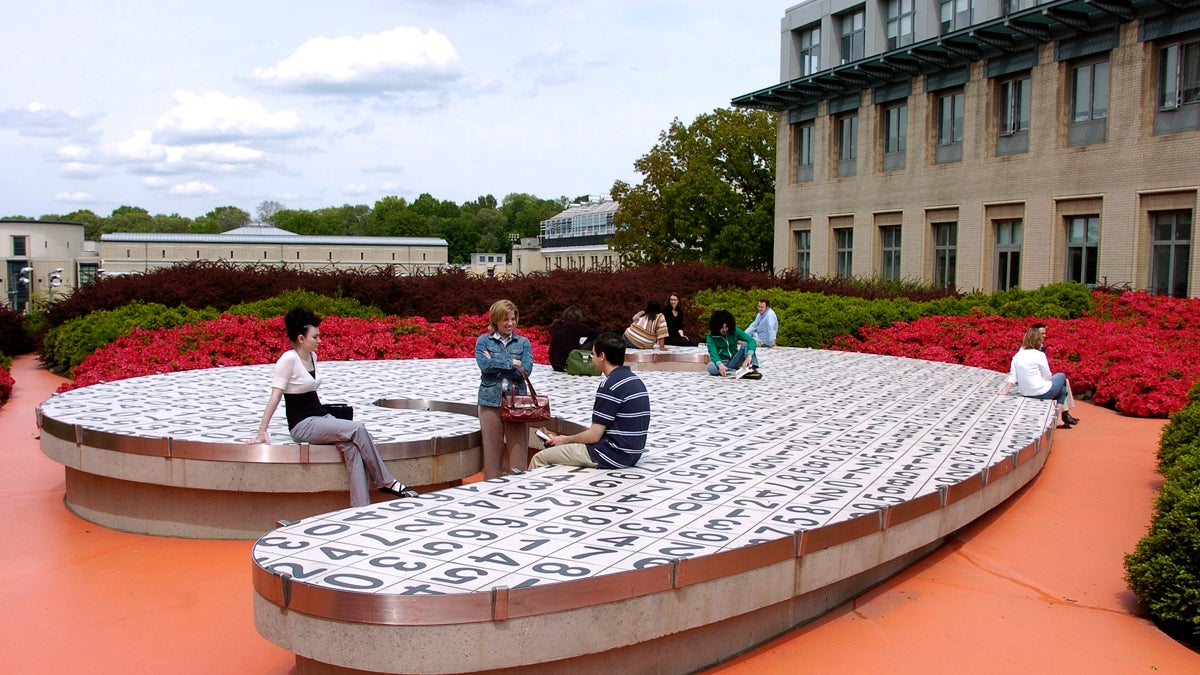Foreign students contribute knowledge and billions to local economies, report says

Students socialize on campus between classes at Carnegie Mellon University in Pittsburgh, Pa. (AP Photo/Carnegie Mellon University, Ken Andreyo)
A new study says foreign-born students studying in the U.S. spend billions in local economies and their talents should be more deliberately harnessed.
Foreign-born students studying in the U.S. spend billions in local economies and their talents should be more deliberately harnessed, according to a new study by the Brookings Institution.
International students contribute close to $35 billion in tuition and living costs to over 100 metropolitan areas throughout the U.S. The students disproportionately study science, technology, engineering, and math – or STEM – careers and the number of people coming to U.S. institutions is growing. The Brookings report author, Neil Ruiz, said that’s good for the students, and their host communities. Ruiz said even as Congress has stalled on immigration reform that could increase meaningful opportunities for students post-graduation, there’s a lot local officials can do to take advantage of the trend. That could include linking students to local employers in their fields and establishing programs that connect students to business owners who want to grow internationally.
“You do have niche markets of students, especially at Wharton or Carnegie Mellon up in Pittsburgh, where they are from these large home markets and they could connect Pennsylvania-based companies to those large, growing, emerging markets in Asia and the Middle East,” Ruiz said.
Pittsburgh and Philadelphia rank 15th and 8th nationwide, respectively, as destinations for students. Most come from large cities, like Beijing and Seoul. A majority study math and science in Pittsburgh, and business in Philadelphia.
At a recent summit to discuss job growth and workforce training in Pennsylvania, several speakers noted the importance of immigration reform to attracting global talent to the commonwealth.
But other people have criticized efforts to increase the number of H-1B work visas, saying it amounts to outsourcing. While there are no limits on study visas, the H-1B work visas are capped at 65,000, with an additional 20,000 slots for people who received advanced degrees in the U.S. Recipients of H-1B visas sometimes accept lower salaries than American workers in the same field.
WHYY is your source for fact-based, in-depth journalism and information. As a nonprofit organization, we rely on financial support from readers like you. Please give today.


